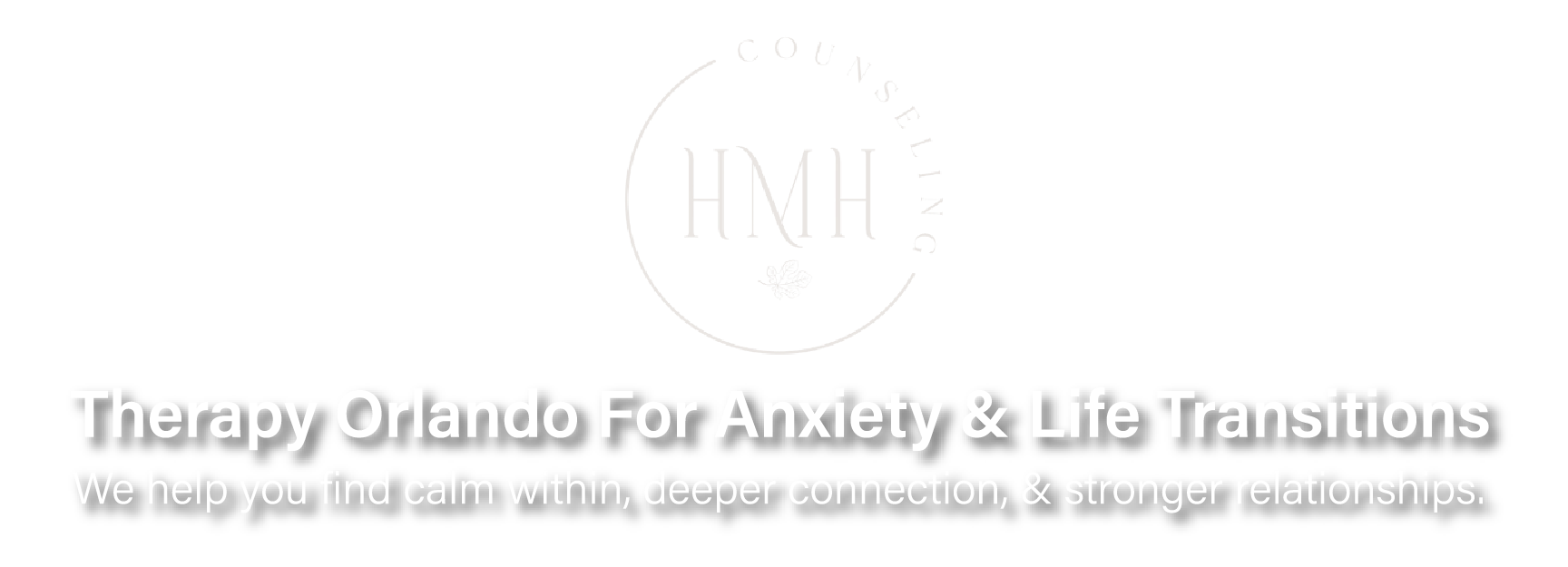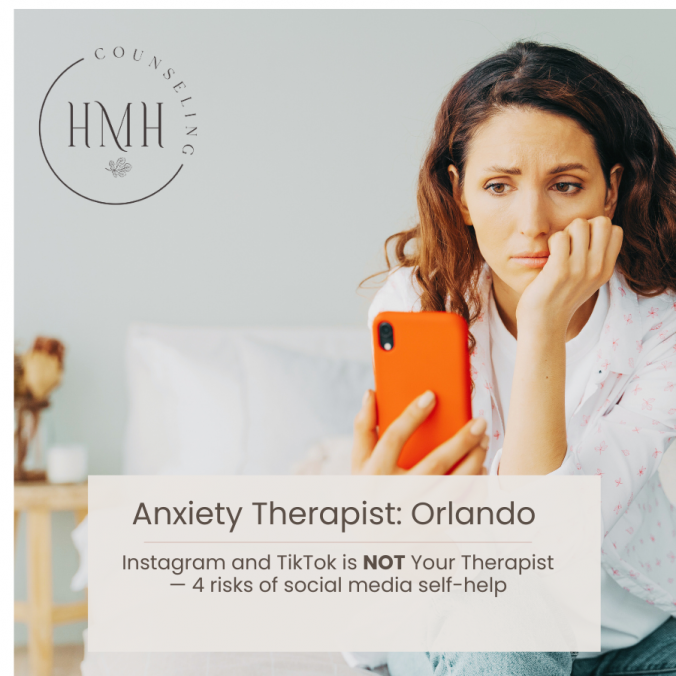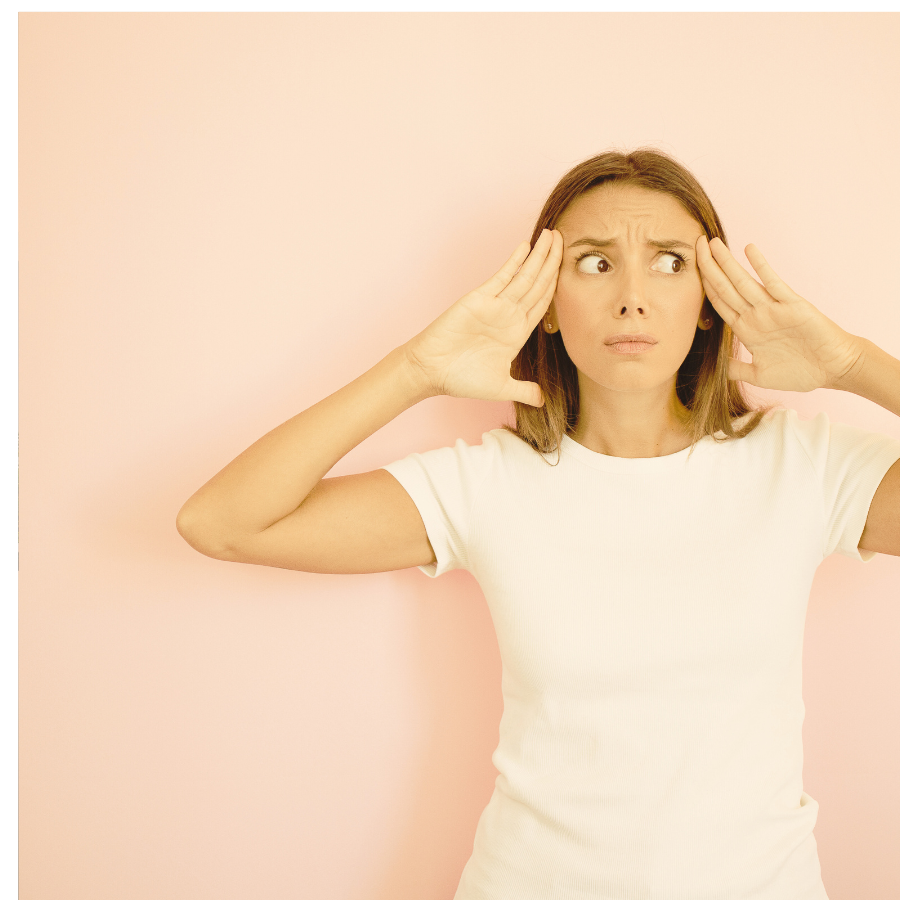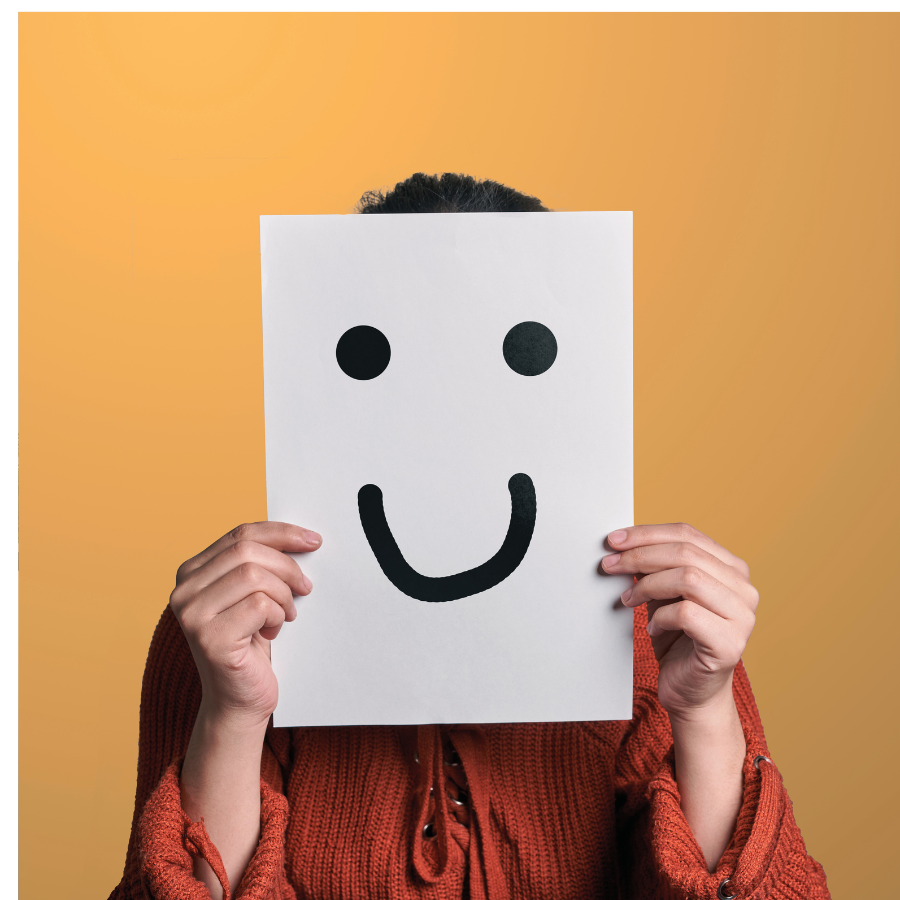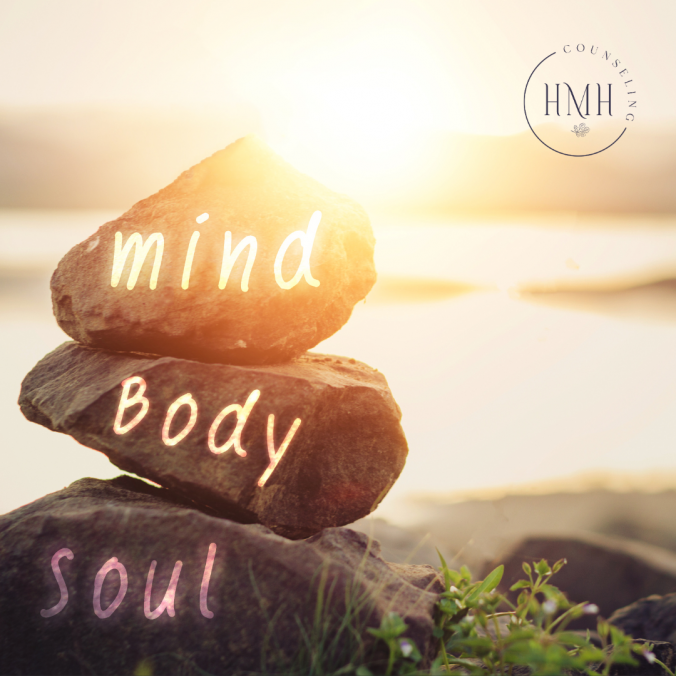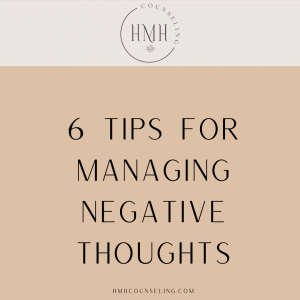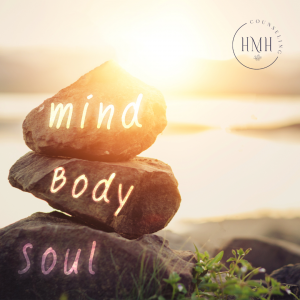August 1 • Written by Jennifer Sierra, LMHC
We’ve all been there – Mindlessly scrolling through Instagram and TikTok, in search of a quick fix to our latest emotional turbulence. What’s not to love about learning how to “Master Happiness In 3 Easy Steps” or taking the “Free & Quick Attachment Style Quiz” to learn what it takes to bring love back into your life. That glimmer of hope and anticipation just before consuming each one can be hard to resist.
On the surface, there’s nothing wrong with these posts. For some it can be entertaining and a way to unwind after a long day. In some ways, it has also made valuable mental health content more accessible.
However, beneath the shiny surface of some of these conveniently condensed, beautifully packaged glimmers of hope lurk a darker reality that’s far from picture-perfect. Relying on social media influencers for mental health tips can be risky—often, they oversimplify or misrepresent complex issues. This can lead to misunderstandings and even harm, especially when their advice doesn’t take your unique circumstances into account.
For true support, it’s important to seek out professional therapy tailored to your specific needs. At Holistic Mental Health Counseling, led by Jennifer Sierra, LMHC, we understand the importance of empowering our community by nurturing healthier digital habits. As a trusted local source for mental health counseling right here in Orlando, we are committed to supporting our clients through comprehensive and respectful approaches to mental wellness.
The reality is that human beings are incredibly complicated and unique. As an anxiety therapist, I can tell you that although anxiety disorders are highly treatable and the world’s most common mental disorder, not everyone responds to the same treatment. Due to everyone’s unique body chemistry and history, the presentation of anxiety symptoms, as well as the underlying causes and treatment can vary greatly from person-to-person.
A social media post can label and briefly describe a mental condition, but it is just a snapshot. It does not define or diagnose you. In fact, taken out of context, it can even become a barrier to getting the help that you need.
Has mindlessly scrolling through endless mental health social media content ever left you feeling confused or broken? Frustrated or Anxious? If so, rest assured you’re probably not the only one.
Here, I will be telling you 4 reasons that you should think twice before getting your therapy from social media, the value of self-help and its limitations, and questions to consider when engaging with mental health content.
4 Reasons to Think Twice Before Getting Your Therapy from Social Media:
1. It is Pathological Focusing on Labels:
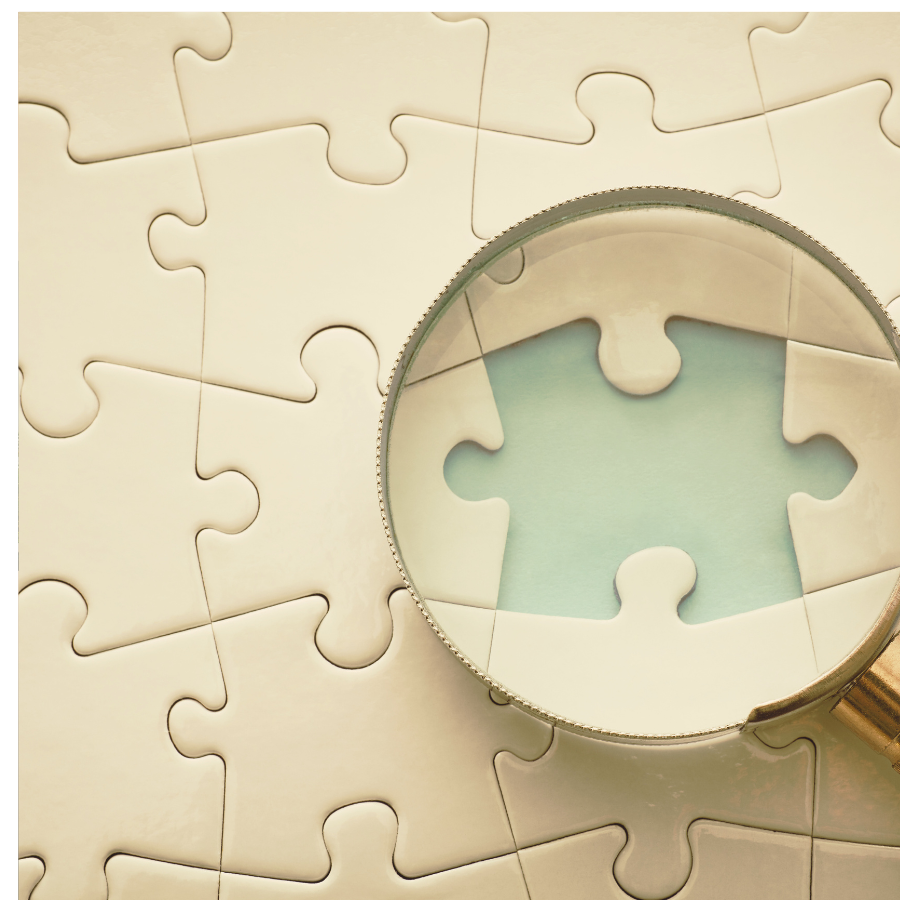
Looking at mental health content outside of a therapeutic relationship can be pathological. It zooms in on the “issues,” leaving out the beautifully nuanced, one-of-a-kind human that you are. Focusing heavily on labels to describe symptoms you’re experiencing can also sometimes leave you feeling empty or broken without a real solution in sight, not to mention the fact that it may not even apply to you, or you circumstance.
Over-Identification with Labels
Some people can also over- identify with these labels and begin to see their lives through a lens that doesn’t allow them to see past it, to healing and growth. Yes, maybe some of these labels do apply to you or your circumstances. The fact is that we all have our idiosyncrasies and defenses that help us get through difficult times. It doesn’t make you defective; it makes you human.
2. Harmful Side Effects Unintended Consequences

Maybe you’re actually trying to implement some of these “quick fixes” but are finding yourself feeling worse. This could be because you’re not addressing the overall picture or root cause. It would be very difficult to assess that on your own. Even therapists have to seek their own therapy due to blind spots when trying to assess their situation.
Risks of Self-Help
Self-help has been known to sometimes lead to burnout, anxiety, and a sense of inadequacy, not to mention misdiagnosis. When you’re constantly striving for perfection and never feeling good enough, you put a lot of pressure on yourself and create a lot of negative emotions. Finding resources that make it seem so easy may feel empowering initially. But over time, it can leave you feeling like you’re failing. It can also keep you from getting the professional support that you need. Left untreated, mental health issues can become worse and more difficult to treat.
3. Toxic Positivity The Danger of Oversimplification
Imagine waking up and it takes every ounce of energy and resolve within you just to get through the day. You scroll through social media to find a post telling you to “just be grateful” or “change your mindset” to overcome depression or anxiety. This simplistic view can be demoralizing to someone suffering from mental illness, making them feel misunderstood. It can also discourage someone from seeking the comprehensive support they need to address their mental health issues effectively.
A Holistic Approach
Although practicing gratitude and identifying negative thinking patterns are powerful and appropriate for some, it’s not a solution for all. It’s one of the many possible interventions that should be part of an individualized holistic plan for overall wellness. In my experience working over 15 years as a therapist, I’m always in awe of how incredibly grateful my clients are despite difficult circumstances. They have great mental resolve and strength that allows them to continue facing each day with incredible grace and the courage to ask for help. The reality is that suffering is a part of the human experience. And sometimes we may all find ourselves needing someone to help bear that burden.
4. Leaves out Most Important Ingredient-Therapeutic Alliance & The Power of Human Connection
Healing begins through our connection to others. The therapeutic alliance has been well-researched and is known as the most important factor in successful outcomes. So much so that the actual interventions used are considered secondary.
Creating a Healing Environment
A good therapeutic alliance has the power to create an environment that promotes healing and self-awareness. It provides a space that allows you to put into practice the very skills and changes that you need to flourish in your daily life and relationships.
Questions to Consider When Engaging with Mental Health Content on Social Media
The next time you’re scrolling through the latest pop psychology trends on social media, take a moment to pause, and ask yourself the following questions.
1. Is this a credible source?
- Remember, anyone can post content on social media. Licensed therapists, however, are held to higher standards and ethically required to include disclaimers with their social media mental health content, stating it is for educational purposes only and not a substitute for clinical advice or personalized care.
- Consider the poster’s qualifications and motivations. Are they licensed professionals or a reputable source? Is their intent to inform and educate, or are they primarily concerned with seeking likes and follows?
2. How does this content make me feel?
- Take time to assess your emotions before, during and after engaging with the content. Are you feeling more anxious or frustrated?
- Consider if the content encourages genuine growth or if it’s quickly forgotten once you scroll past.
3. Is this helping or harming my mental health?
- Notice if engagement leads to increased anxiety or other negative effects. This could signal that it’s time to reassess your social media habits.
- For persistent or worsening mental health concerns, prioritize seeking professional help. Timely care from a qualified therapist can offer more effective outcomes than social media advice.
Choosing Credible Mental health resources
If you’re simply curious and want to learn more about mental health and prevention, be sure to also visit more lengthy self-help resources from reputable sources such as:
- Anxiety and Depression Association of America (ADAA)
- National Alliance on Mental Illness (NAMI)
- https://www.nimh.nih.gov/health/topics
These organizations offer in depth, research backed information that can provide a more balanced understanding of mental health issues.
Self-Help Limitations
Although self-help can be a great resource, it does have limitations. It’s one thing to know what we need to change about ourselves, but it’s much harder to understand the deep-seated emotions and triggers that drive our actions. Without someone experienced to guide us, we can easily misunderstand our own feelings and actions. This misunderstanding can cause us to repeat unhelpful behaviors, leaving us stuck and frustrated.
The Value of Professional Therapy

Individual Therapy provides the structure and accountability that you need to uncover deeper insights into the root causes of your challenges. Therapists can offer the objective perspective that is often missing in self-help. Above all, therapy offers a compassionate and understanding human connection, reminding us that we’re not alone in our mental health journey.
Get the Support You Need

At HMH Counseling, we provide an individualized approach to care that is as unique as you. Our priority is always you and the therapeutic relationship that we develop through compassionate care. Our team is highly skilled and continually trained in the latest evidence-based practices and interventions. However, the human relationship is the foundation first and foremost. We see you as a whole person with unique experiences, culture, and strengths, rather than a problem that needs to be fixed. Through this nurturing relationship, combined with our interventions, your self-awareness, and commitment, healing becomes possible.
Your mental health journey is unique, and while social media can provide some insights, it’s no substitute for personalized, professional care. If you’re struggling, don’t hesitate to reach out for help. Are you ready to explore the roots of your anxiety, and discover a tailored approach to managing it?
Contact us today to learn more about the supportive therapy services available at HMH Counseling and what you can anticipate in your first visit.
References:
Barber, L.K., & Smit, T. (2021). When Self-Help Hurts: Stress and the Self-Improvement Industry. Current Directions in Psychological Science, 30(1), 21-27.
Kaviani, H., Gray, J.A., Checkley, S.A., Raven, P.W., Wilson, G.D., & Kumari, V. (2004). Individual Differences in Anxiety and the Prediction of the Biological Response to Stress. Journal of Personality and Individual Differences.
World Health Organization. (n.d.). Anxiety disorders. Retrieved from https://www.who.int/news-room/fact-sheets/detail/anxiety-disorders
Hill, C. E., Knox, S., Thompson, B. J., Williams, E. N., Hess, S. A., & Ladany, N. (2005). The therapeutic alliance: The fundamental element of psychotherapy. Psychiatric Clinics of North America, 28(2), 451–463.
Disclaimer: The content provided on this blog is for informational purposes only and is not intended to serve as professional advice, diagnosis, or treatment. The information shared is based on our understanding and interpretation of various mental health topics. It is important to recognize the complexity of mental health issues, and the advice provided here may not address the specific needs of every reader. The content on this blog should not be considered a substitute for professional advice from a qualified mental health professional. Always seek the advice of a licensed therapist or other qualified mental health provider with any questions or concerns you may have regarding your mental health or well-being.
